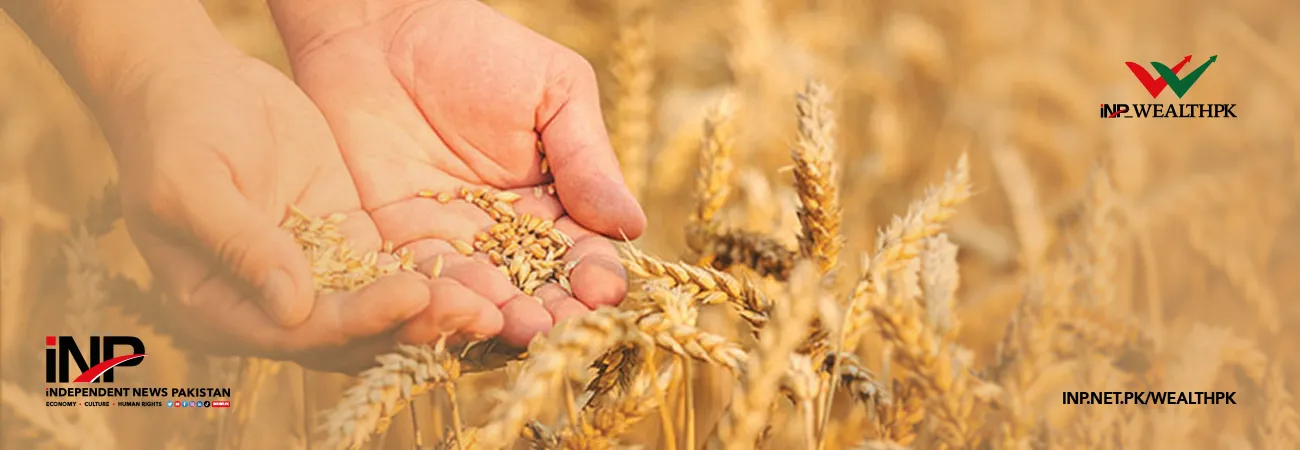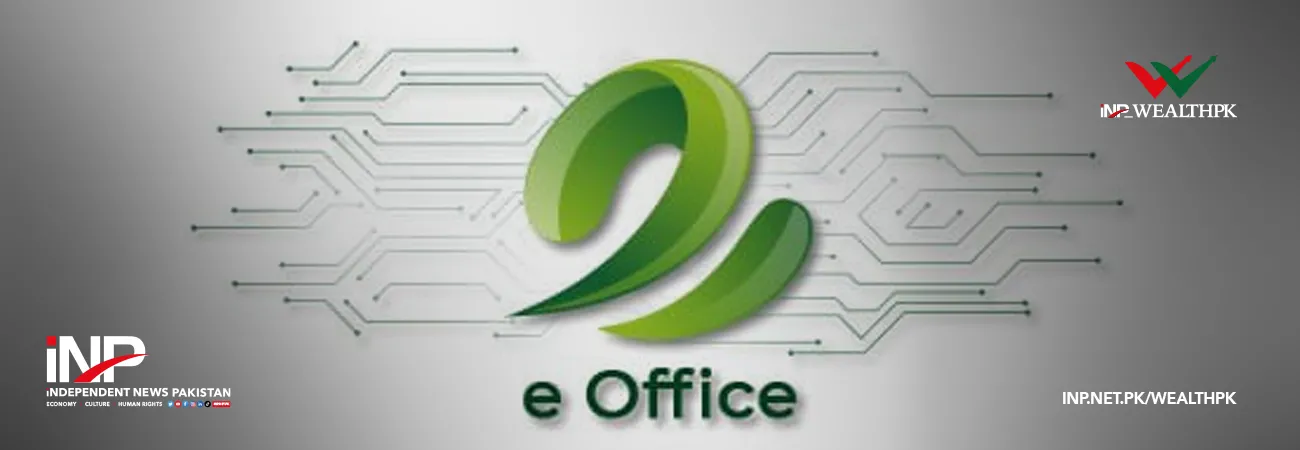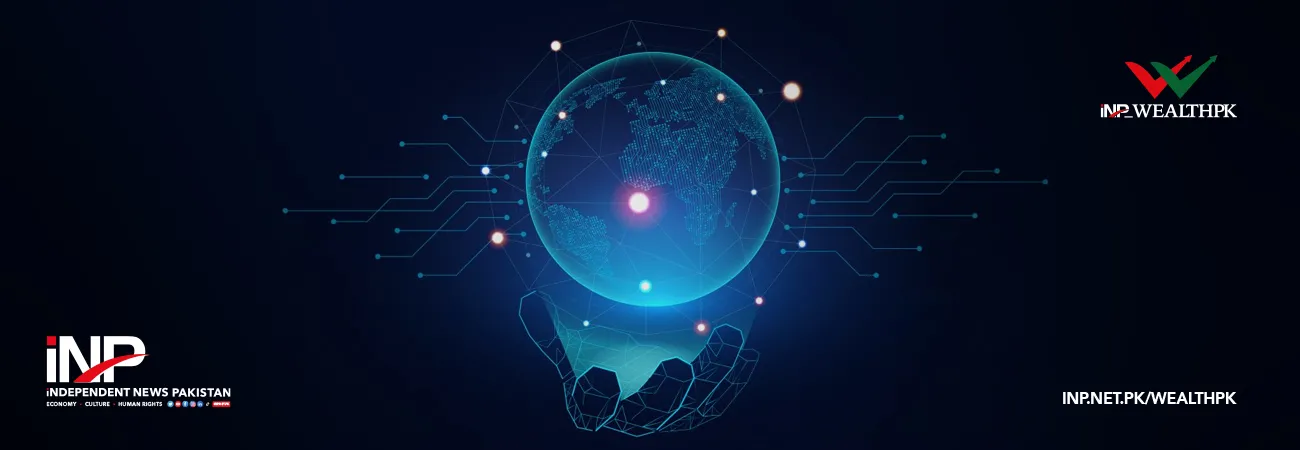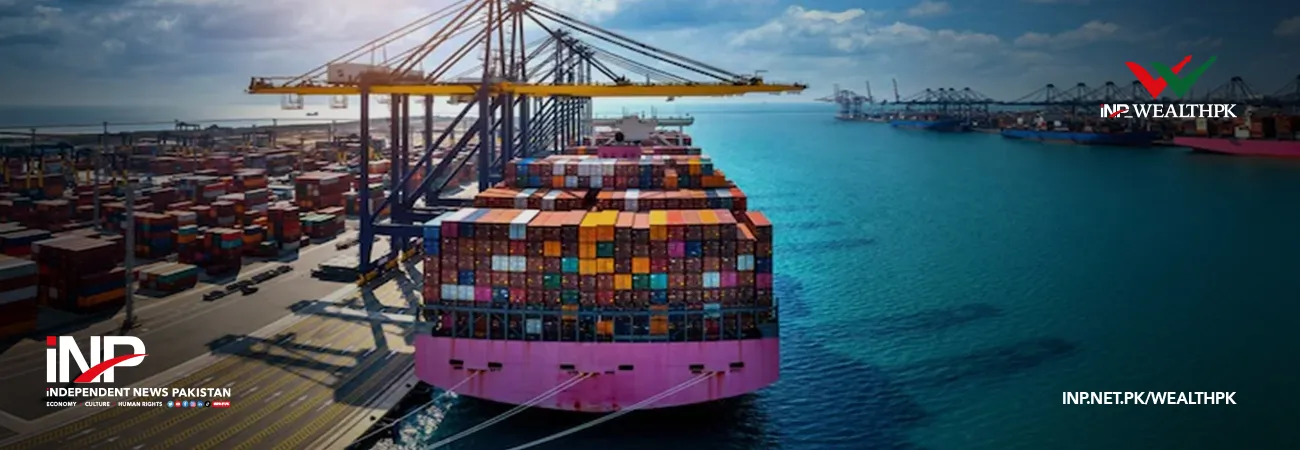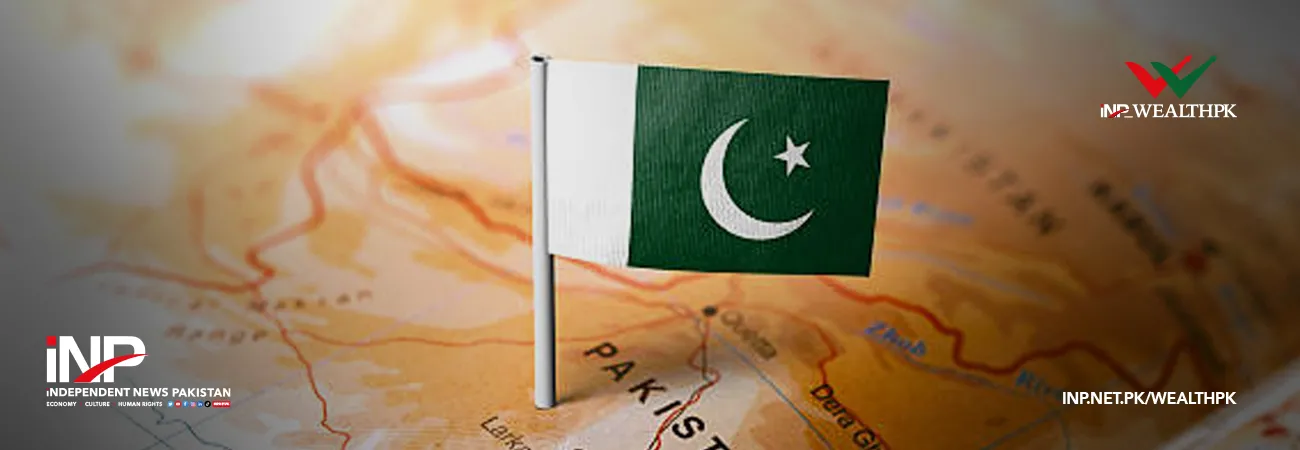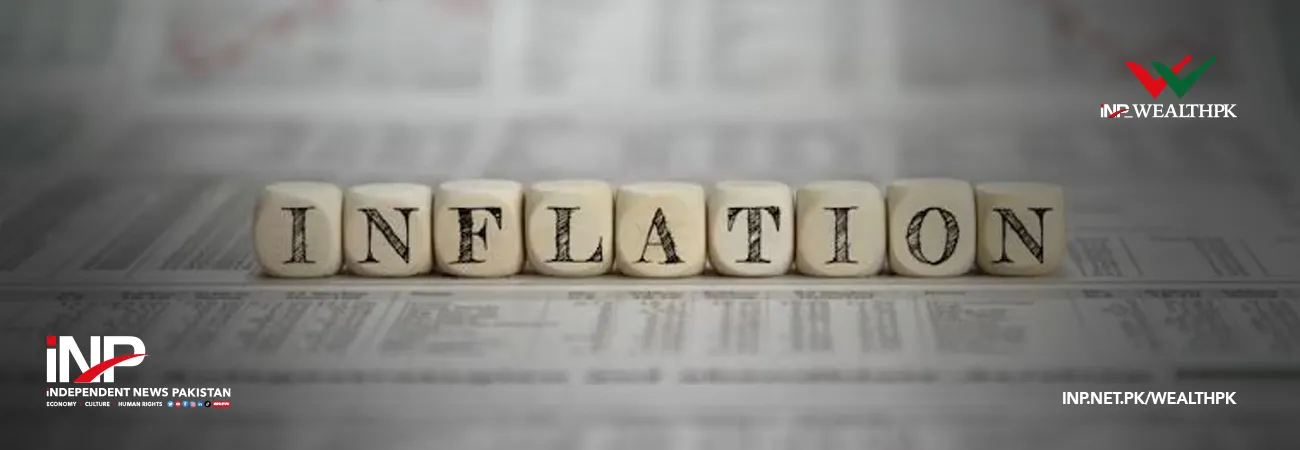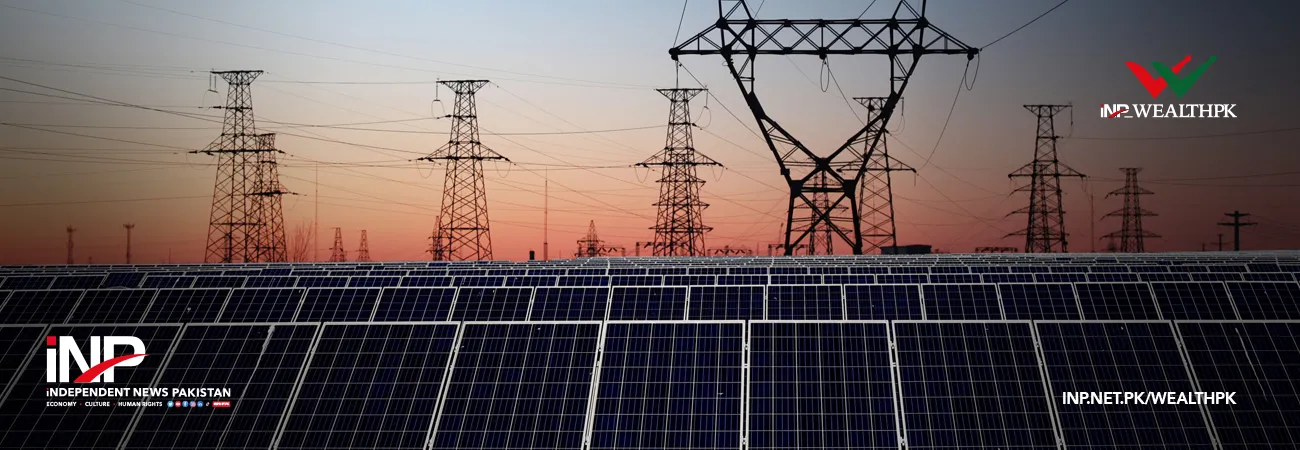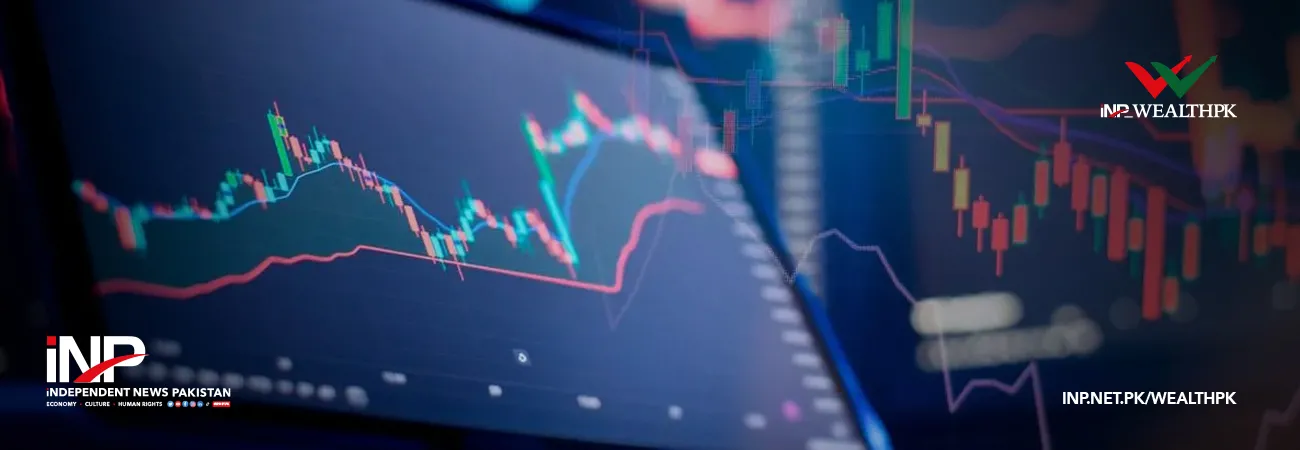INP-WealthPk
Muhammad Saleem
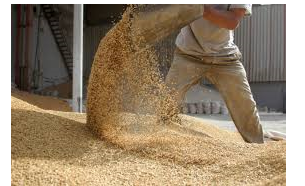
The growers are criticizing the government for not purchasing wheat directly from them, which leaves them vulnerable to exploitation and blackmail by middlemen. Speaking to WealthPK, Muhammad Afzal, a wheat grower, expressed his frustration: “We had high hopes that the provincial government would buy even the last grain of wheat from us, thereby eliminating the middleman’s role. Instead, they have deliberately strengthened the middleman’s influence.” Due to the government's indifferent attitude, farmers are unable to cover the costs of crop preparation, let alone make a profit. Our children are now questioning our business choices because of this year’s financial losses. They suggest we become middlemen instead of continuing with cultivation, he said. “The middleman's involvement in wheat procurement is deeply entrenched. Farmers have been calling for its elimination for decades. However, those in power exploit the situation for personal gain each year rather than removing his role,” Afzal added.
Dr. Amir from the University of Agriculture in Faisalabad said that without direct government intervention, the middleman's role in agriculture cannot be eliminated. Farmers depend on the middleman for credit and essential supplies like seeds and fertilizer. “Taking advantage of the farmers' financial constraints, the middleman buys the crop directly from their doorstep and pays them in cash immediately. In contrast, farmers have to struggle to receive payments from the government. Additionally, obtaining gunny bags from the food department is a cumbersome task. However, selling their produce to the middleman is straightforward,” Dr. Amir explained. Dr. Amir further pointed out that the middleman has significant control over wheat prices. He buys the crop from growers at lower rates and sells it at higher rates in the open market. Muhammad Afzal agreed with Dr. Amir, stating that most farmers lack the financial resources needed to cover their expenses.
It’s unfortunate that farmers have to rely on the middleman, which worsens their situation. “Because of this reliance, farmers are left with no choice but to follow the middleman's instructions. We are earning meager profits due to the middleman's role and rising inflation,” Afzal lamented. Muhammad Shafiq, a flour mill owner, noted that the middleman's involvement is detrimental to the country, as his primary goal is profit. Shafiq admitted that, as a miller, he also seeks profit but not at the expense of the country and its people. "Unlike farmers, the middleman has access to efficient storage and transportation facilities, which allows him to manipulate wheat availability with the help of policymakers," Shafiq claimed. Dr. Amir suggested that government-backed loans, direct and easy market access for farmers, and improved infrastructure would protect them from the middleman's exploitation and blackmail. He added that when farmers have more bargaining power, the situation would begin to improve. He concluded that collaborative efforts among farmers, millers, and the government could establish an efficient wheat procurement system in Pakistan.
Credit: INP-WealthPk



